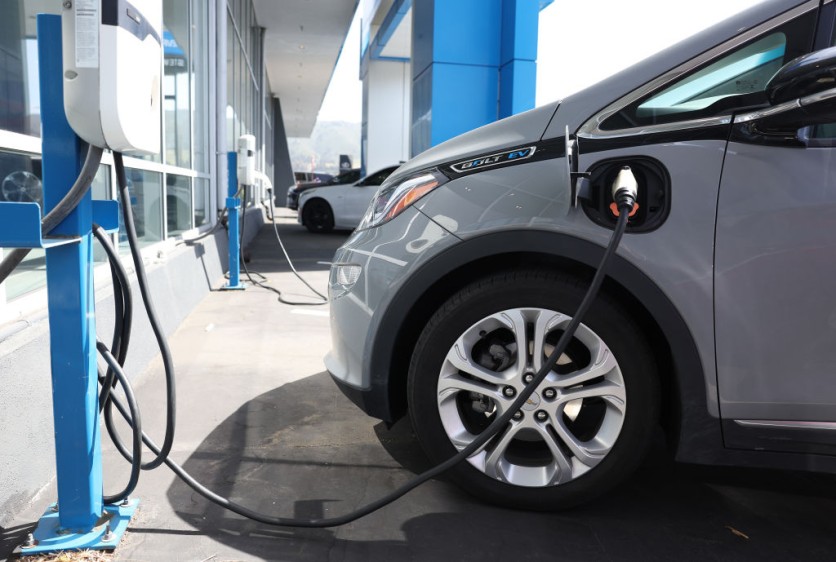Rocsys, a startup from the Netherlands, aims to capitalize on the growing trend of electrification and automation in America's logistics sector. The company seeks to position itself at the intersection of these two promising developments.

Automating EV Charging
Netherlands-based Roscys has created a robotic arm that can transform any electric vehicle charger into a self-driving charging system. Interesting Engineering reported that this innovation is desirable to logistics operators in ports and yards, where it is crucial to maintain vehicle efficiency and prioritize accuracy.
The need for manual involvement during the charging process has often caused challenges in these environments due to worker regulations. According to Founder and Chief Executive Officer Crijn Bouman, the company's solution is crucial in enhancing safety in dangerous surroundings.
The implementation of Rocsys's self-driving charging system enables workers to mitigate potential hazards and carry out their tasks with increased security. "Our solution is crucial in ports because, due to worker regulations, often charging cannot be done by the truck drivers. So in order to electrify fleets, they must automate the charging process," the CEO stated.
Partnering with Different Companies
Among the companies that Roscycs established partnerships with include the renowned manufacturer of electric forklifts Hyster, industrial equipment supplier Taylor Machine Works, and major port operator SSA Marine. Aside from this, The Robot Report stated that the company is also the leading robotics company in charging consortium ROCIN-ECO.
This includes AUDI, Porsche, BMW, and Mercedes Benz, aiming to develop an interoperable and standardized robotic fast-charging infrastructure with high-volume European transportation routes.
Closing a Deal
Rocsys has ambitious plans beyond heavy-duty industrial logistics. Recently, TechCrunch reported that the startup successfully concluded a Series A funding round, raising $36 million, with half of the investment being in equity and the other half in debt.
These funds will be utilized to expand Rocsys' operations in North America and to fuel research and development efforts in the automotive sector, including exploring opportunities in mainstream consumer vehicles as well as self-driving robotaxi fleets.
Partnering with companies that are gearing up to launch automated valet capabilities is intentional for Rocsys, as Bouman emphasized that the close connection between automated EVs will go hand-in-hand with these advancements.
Bouman added that Rocsys's solution is a revolutionary innovation as it can be seamlessly integrated into any existing or future charger, regardless of its compatibility with CCS, NACS, or any other standards. The company's business model entails a one-time purchase of the robotic equipment, accompanied by a recurring services fee.
"Because it's an AI operating system, we are actually training the system on the customer data generated at the site to get better performance. There is API connectivity because all the customers have fleet management systems, so we're basically also offering all the interfaces to create a completely seamless experience," he added.
Related Article : Scientists Introduce EV Battery For All Seasons

ⓒ 2026 TECHTIMES.com All rights reserved. Do not reproduce without permission.




